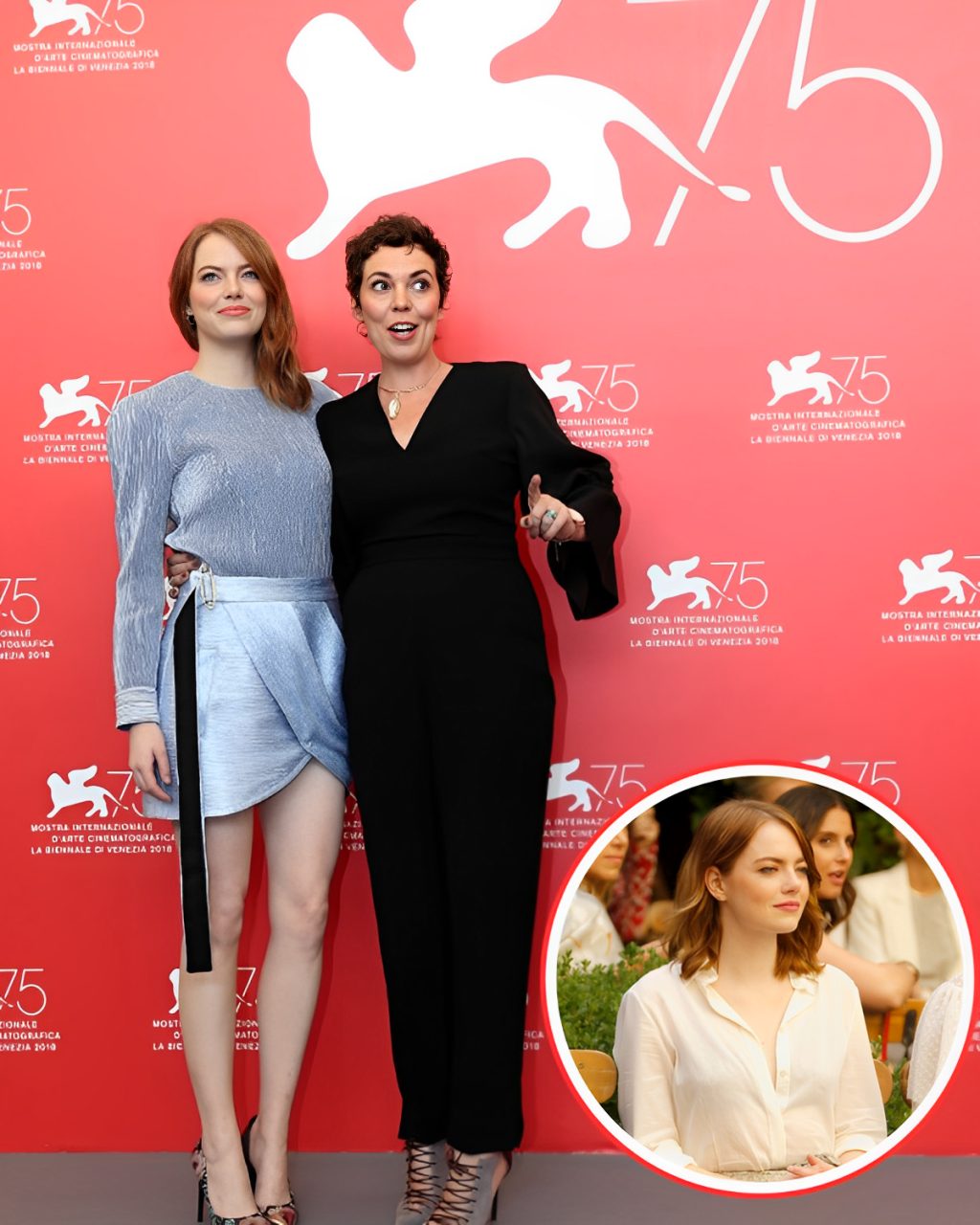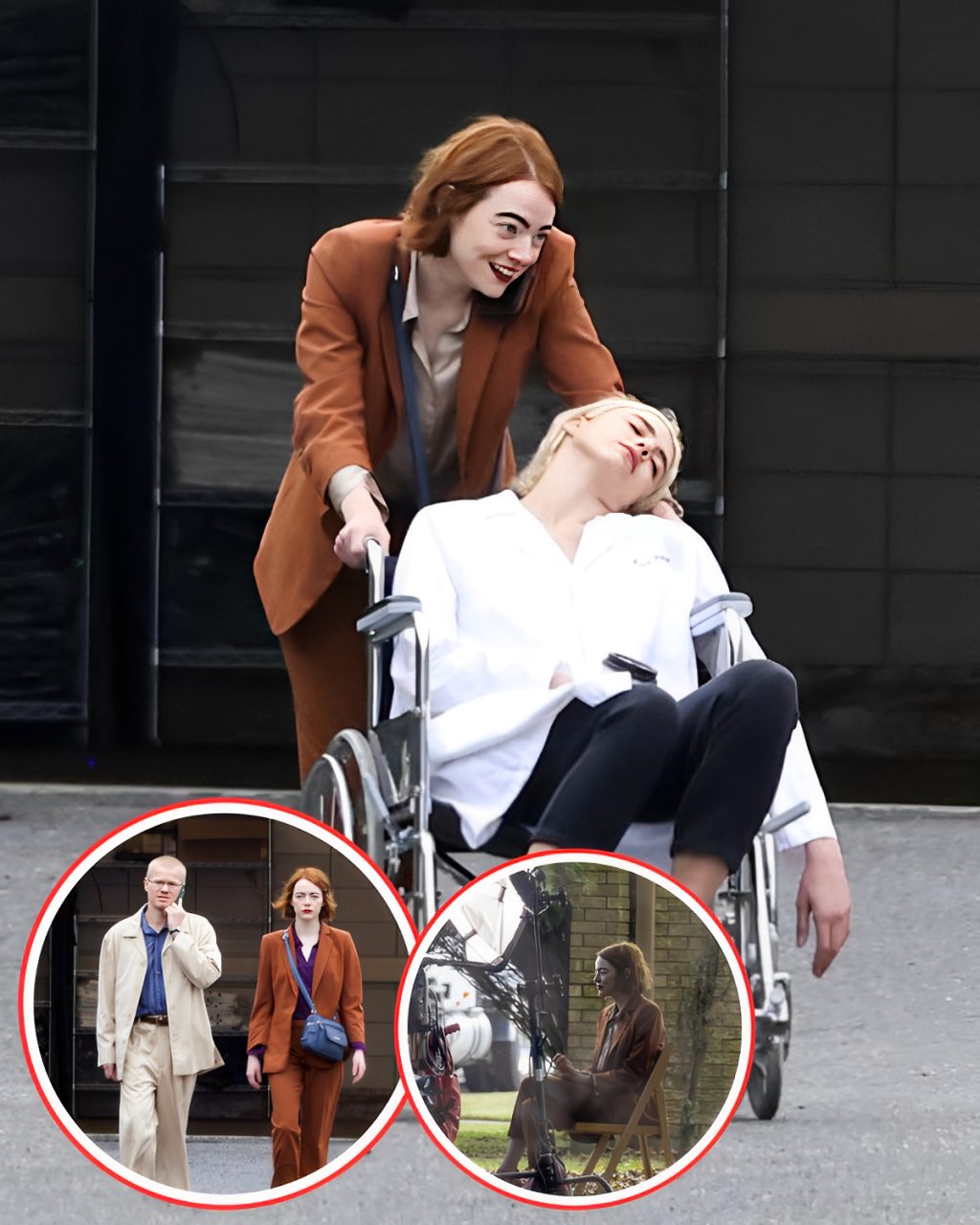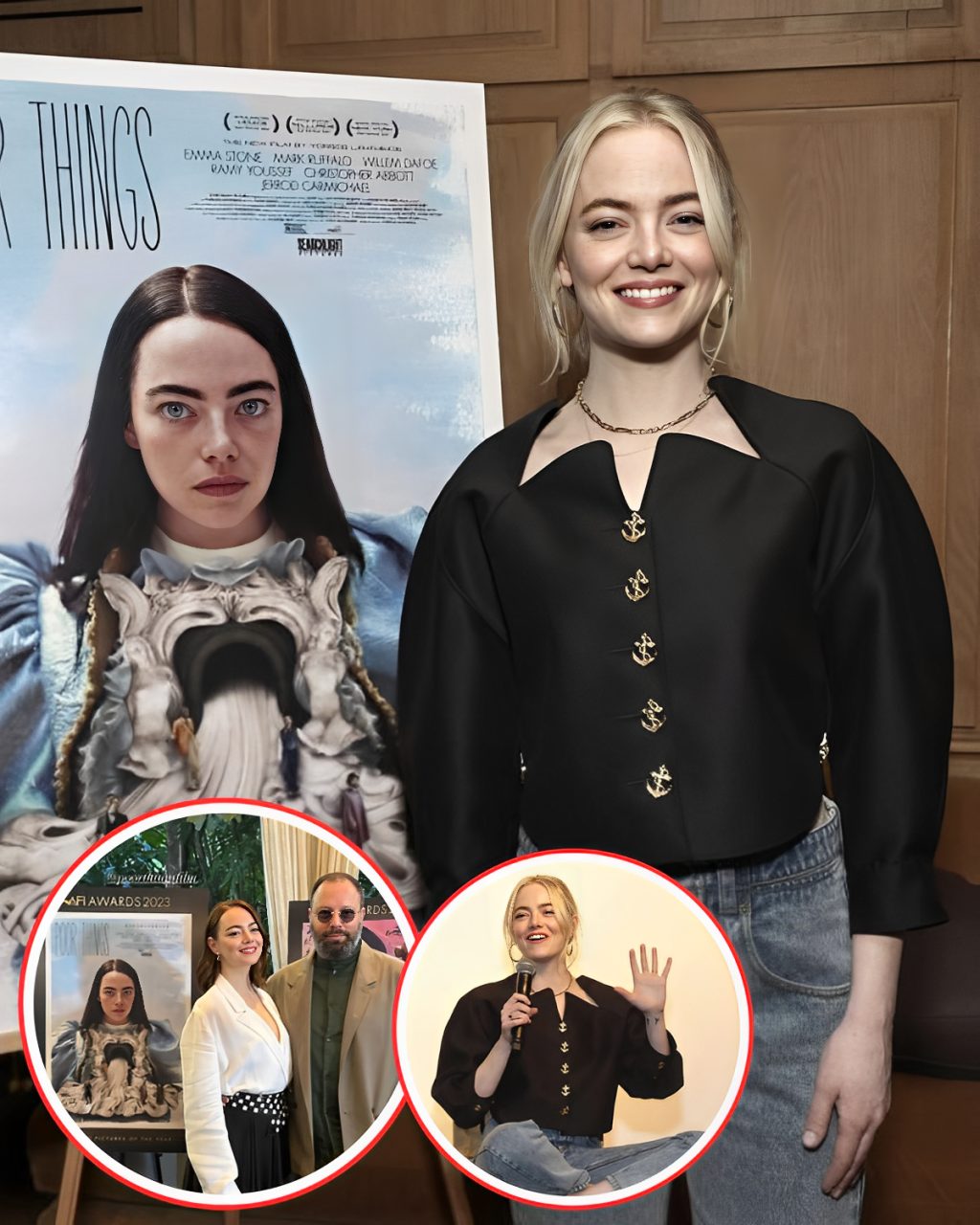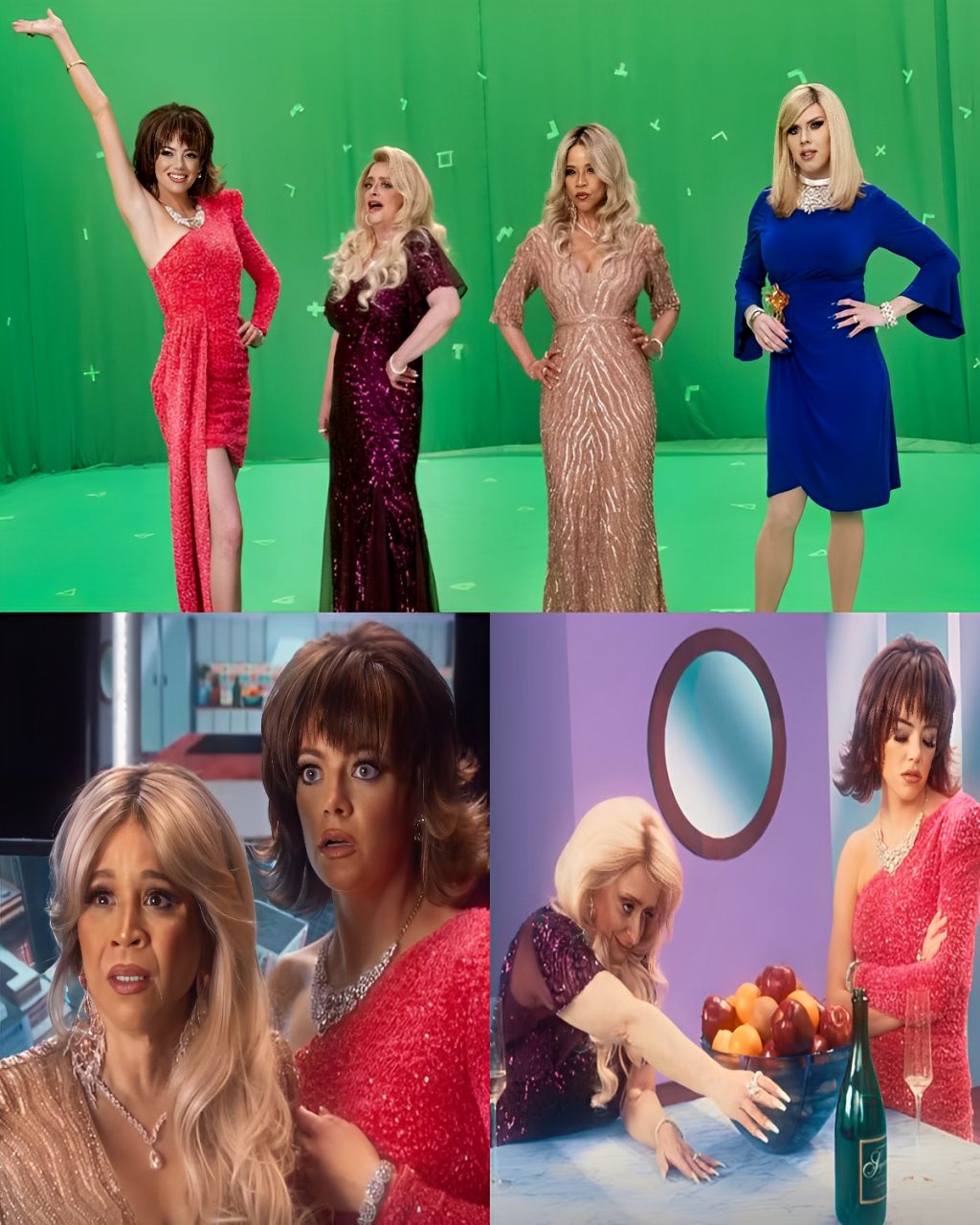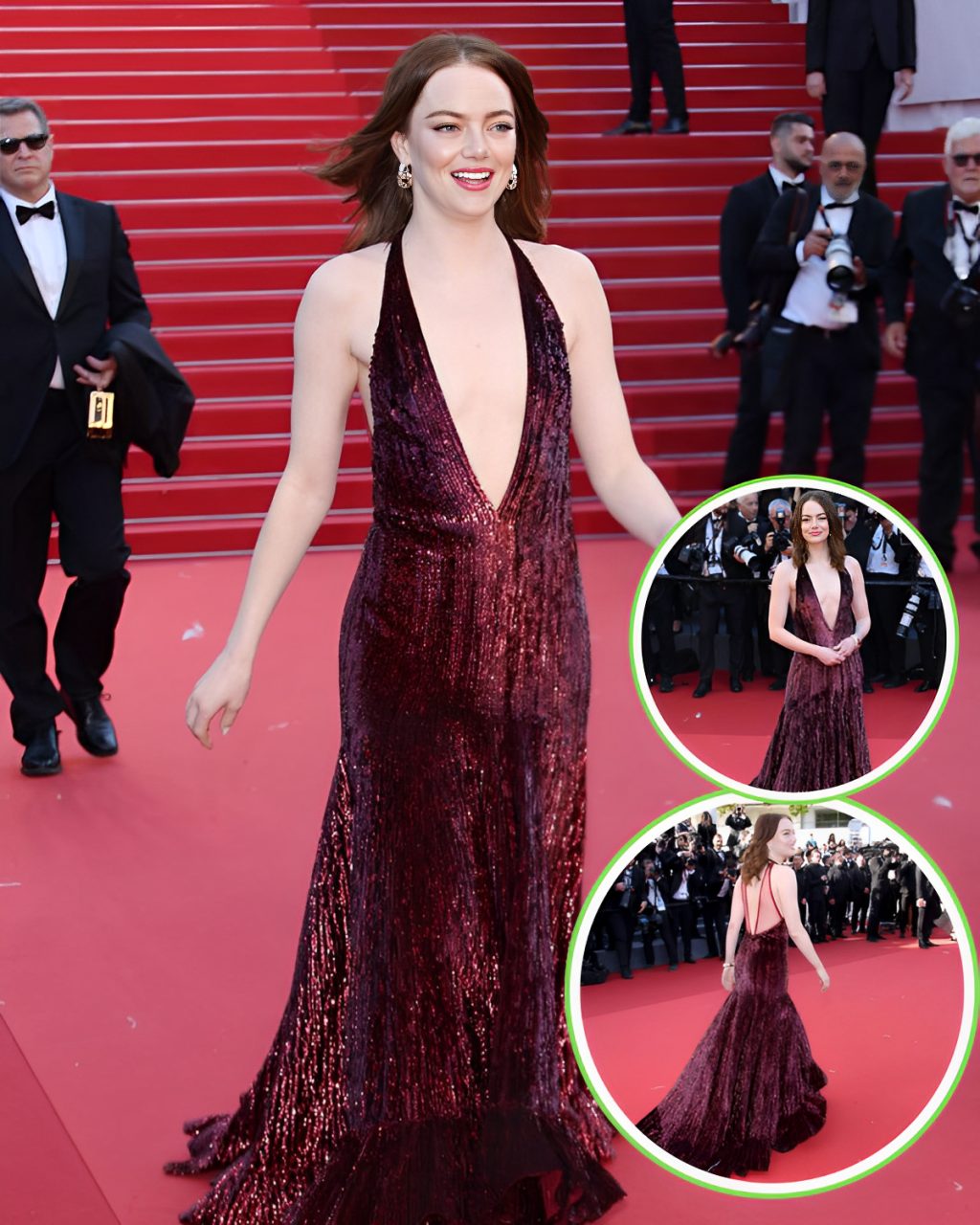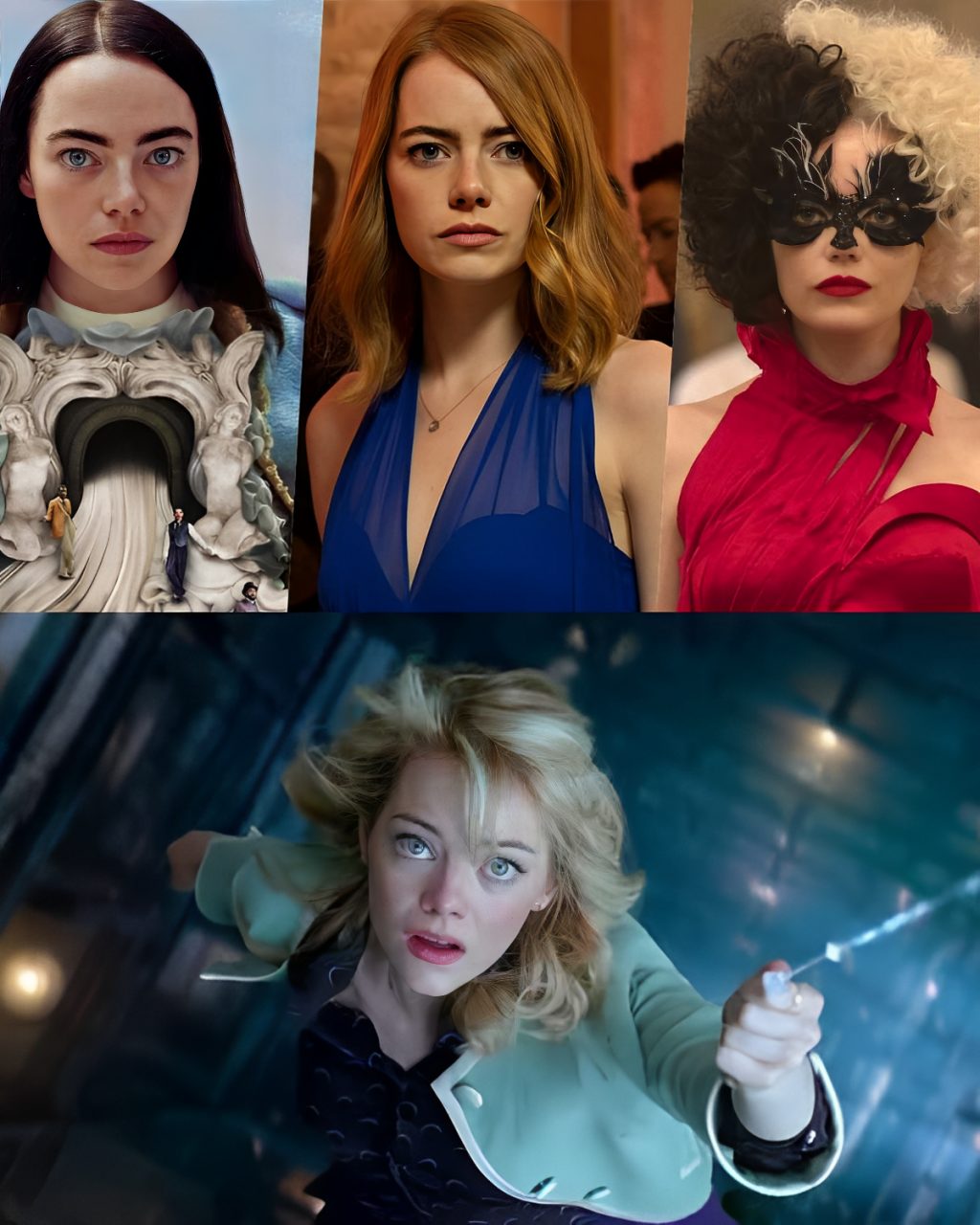At the heart of the case is Jho Low, a fugitive accused of being the mastermind behind the Malaysian 1MDB scandal

At the heart of the case is Jho Low, a fugitive accused of being the mastermind behind the Malaysian 1MDB scandal
Leonardo DiCaprio testified in a federal court on Monday morning as part of a trial involving international money laundering, bribery and a prominent rap artist.
Prakazrel “Pras” Michel – a founding member of the iconic 1990s hip-hop group, The Fugees – is accused of funneling money from a fugitive Malaysian financier through straw donors to Barack Obama’s 2012 re-election campaign. Five years later, prosecutors say he tried to squelch an investigation into that same financier under Donald Trump’s administration.
At the heart of the case is Low Taek Jho, usually known as Jho Low. He is accused of masterminding an international money laundering and bribery scheme that stole billions from the Malaysian state investment fund known as 1MDB.
DiCaprio’s connection with the case comes from his years-long relationship with Low, who was one of the primary financiers of the movie The Wolf of Wall Street. Low is currently a fugitive but has maintained his innocence.
According to the charges, Michel essentially became a conduit for Low’s pilfered millions and his attempts to influence the US government. Prosecutors allege that from June to November 2012, Low directed more than $21.6m to be moved from foreign entities to Michel’s accounts in order to funnel money into the 2012 presidential election. They say Michel then paid about 20 straw donors and conduits so they could make the donations in their names and conceal where the money actually came from, according to the indictment.
DiCaprio testified that he met and befriended Low at a 𝐛𝐢𝐫𝐭𝐡day party in Las Vegas in 2010. “I understood him to be a huge businessman with many different connections in Abu Dhabi and Malaysia,” he said.
The 48-year-old Oscar winner answered questions on the witness stand calmly – occasionally deferring to a fuzzy memory on some details and dates. In addition to his relationship with Low, DiCaprio said he had known the defendant Michel since sometime in the 1990s when they met backstage after a Fugees concert.
Low was known for hosting lavish star-studded parties and group vacations on his private jet to events like the World Cup in Brazil. DiCaprio recounted one particular junket that involved flying to Australia to celebrate New Year’s Eve, then flying to Las Vegas to celebrate a second time in one day. Michel was present on some of these trips, DiCaprio said.
Low became a regular contributor to DiCaprio’s charitable foundation and eventually Low floated the idea of providing the primary financing for The Wolf of Wall Street.
DiCaprio said he had Low’s funding and legitimacy carefully vetted before entering into a business relationship.
“I was given the green light by my team as well as my studio,” he said. “He was a legitimate business person wanting to invest in the movie.”
DiCaprio also recalled a “casual conversation” with Low in which Low told him he intended to make a large contribution to Obama’s re-election campaign.
“It was a significant sum – something to the tune of $20-30m,” he testified. “I said, ‘Wow that’s a lot of money!’”
After DiCaprio, multiple witnesses testified that they had been approached by Michel to make shadow contributions to the Obama campaign. Richard Kromica, an investment banker, said Michel told him he had maxed out his legal contribution limit and asked Kromica and his husband Joseph to make a donation on his behalf. Kromica said Michel sent the couple $80,000 to donate.
In other cases, acquaintances of Michel were offered invitations to high-roller fundraising dinners and told that their attendance would be “sponsored” by Michel and his associates. Jack Brewer, a former NFL player, said Michel wired him $32,000 to cover his entry into one such Obama fundraiser. But he immediately felt nervous about the arrangement and sent it back.
“It just felt funny to me,” Brewer testified. “You’re just sending me money and it’s not a loan and I’m supposed to donate it to a campaign? That sounds shady to me.”
The free press is under attack from multiple forces. Media outlets are closing their doors, victims to a broken business model. In much of the world, journalism is morphing into propaganda, as governments dictate what can and can’t be printed. In the last year alone, hundreds of reporters have been 𝓀𝒾𝓁𝓁ed or imprisoned for doing their jobs. The UN reports that 85% of the world’s population experienced a decline in press freedom in their country in recent years.
As you join us today from Vietnam we hope you will consider supporting us in our efforts to do something about this. Despite the financial challenges plaguing the media industry, we’ve decided to keep our journalism paywall-free, because we believe everyone has the right to high-quality, fact-checked reporting. And we maintain our independence thanks to generosity from readers all over the world, who understand that supporting the free press is an investment in an informed and empowered public.
Unlike many others, we have no billionaire owner – this helps us maintain the freedom to fearlessly chase the truth and report it with integrity. Your support will allow us to continue to work with trademark determination and passion to bring you journalism that’s always free from commercial or political interference.
Help power the Guardian’s reporting for the years to come, whether with a small sum or a larger one. If you can, please support us on a monthly basis from just $2. It takes less than a minute to set up, and you can rest assured that you’re making a big impact every single month in support of open, independent journalism. Thank you.
Soucre: theguardian.com
